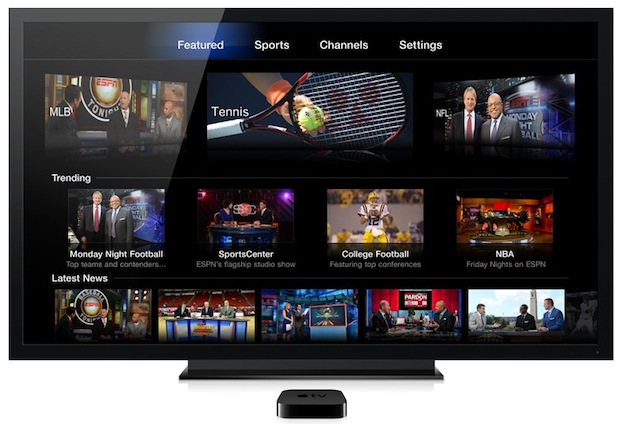How to Use Personal Hotspot on iPhone / iPad to Share Its Internet Connection
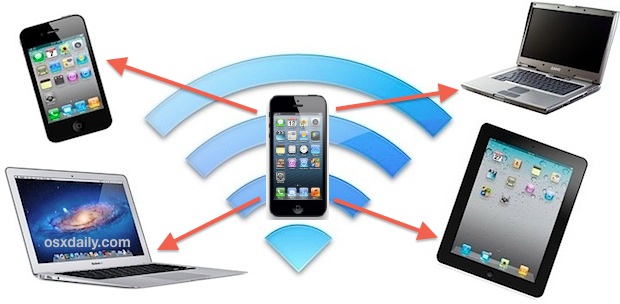
Personal Hotspot allows you to turn an iPhone or cellular equipped iPad into a wireless router, thereby sharing the devices internet connection with other Mac, Windows PC, iOS, Android, or any other capable hardware that connects to the hotspot. Often called “internet tethering” or simply Wi-Fi Hotspot, this is an excellent feature for telecommuters and travelers in particular, and it’s also a great backup internet connection if a home or work network temporarily goes down. Plus, with the ever increasing range of LTE and 4G service, it’s not uncommon for a cellular connection to actually be faster than standard DSL or a cable modem anyway.
Widely supported, the only real requirement for using Personal Hotspot, other than an iPhone or 4G/LTE iPad, is a cellular data plan from a carrier that offers the service. Fees vary per provider and per area, so you will need to check with your specific cell carrier if you are not sure what it costs to use, or how to order the feature for your data plan.



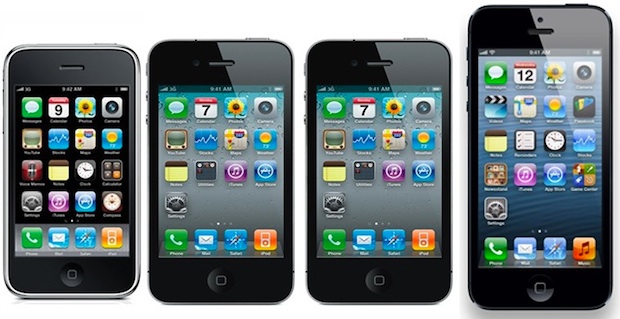
 Ever needed to quickly mirror a Mac display, switching another screen from an extended desktop to the mirrored image of what’s on the primary screen? Sure, you can visit the System Preference Display panel and fumble around in settings, but there is a much easier and faster way to toggle display mirroring with just a simple keyboard shortcut.
Ever needed to quickly mirror a Mac display, switching another screen from an extended desktop to the mirrored image of what’s on the primary screen? Sure, you can visit the System Preference Display panel and fumble around in settings, but there is a much easier and faster way to toggle display mirroring with just a simple keyboard shortcut. iOS devices can use an optional
iOS devices can use an optional 
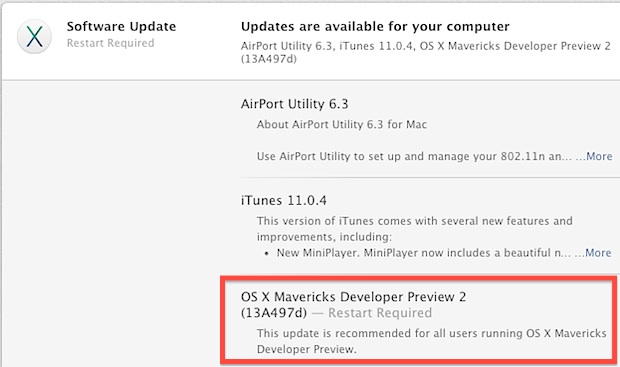
 The iPhone is easily one of the best pieces of technology ever invented, but let’s just go ahead and admit that nothing is perfect. There are a few default settings on the iPhone that are just plain annoying, but within just a minute or two you can fix all of that with a handful of simple adjustments, and have a much better experience.
The iPhone is easily one of the best pieces of technology ever invented, but let’s just go ahead and admit that nothing is perfect. There are a few default settings on the iPhone that are just plain annoying, but within just a minute or two you can fix all of that with a handful of simple adjustments, and have a much better experience.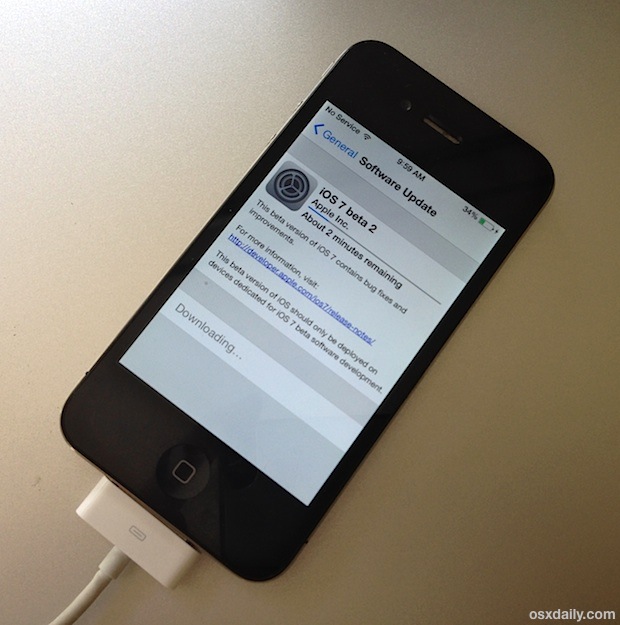
 Certain situations require a Mac to be booted from an external boot volume, rather than the primary startup disk. There are plenty of reasons for booting from external volumes, whether it’s to troubleshoot problems, repair disks,
Certain situations require a Mac to be booted from an external boot volume, rather than the primary startup disk. There are plenty of reasons for booting from external volumes, whether it’s to troubleshoot problems, repair disks, 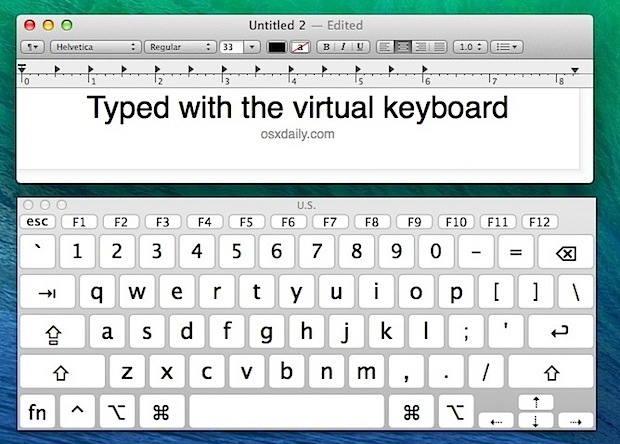

 Unlocking an iPhone through AT&T is now lightning fast, and in some cases you’ll have an unlocked iPhone in under 30 minutes. I recently had the chance to experience this directly while writing
Unlocking an iPhone through AT&T is now lightning fast, and in some cases you’ll have an unlocked iPhone in under 30 minutes. I recently had the chance to experience this directly while writing 
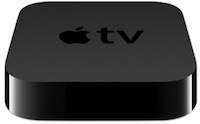 A new update to Apple TV brings streaming access to several popular TV services and networks, including HBO GO, ESPN, Sky News, Qello, and CrunchyRoll. Versioned as 5.3, the update requires a second or third generation Apple TV, and can be downloaded through iTunes or by using the direct firmware links included in this article.
A new update to Apple TV brings streaming access to several popular TV services and networks, including HBO GO, ESPN, Sky News, Qello, and CrunchyRoll. Versioned as 5.3, the update requires a second or third generation Apple TV, and can be downloaded through iTunes or by using the direct firmware links included in this article.